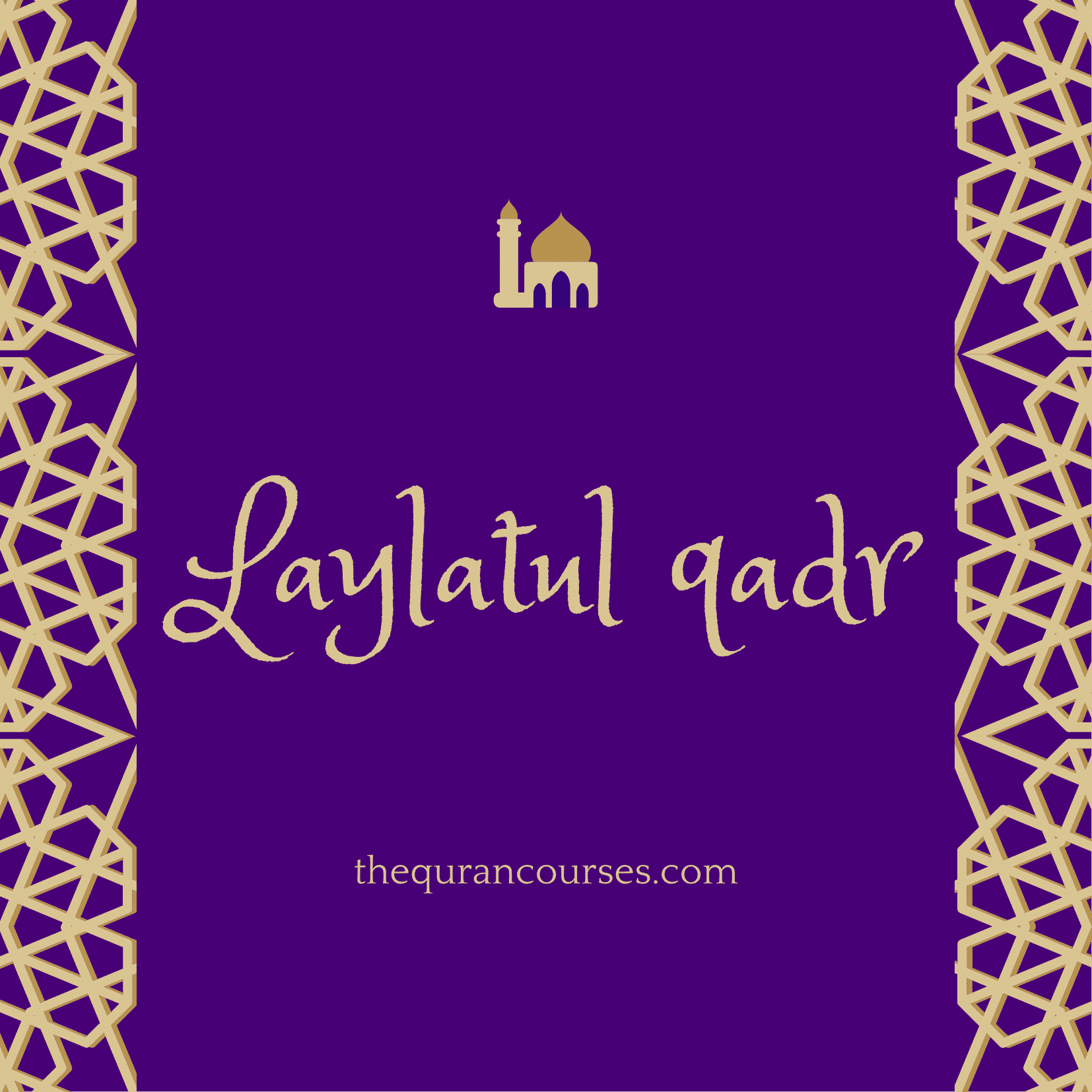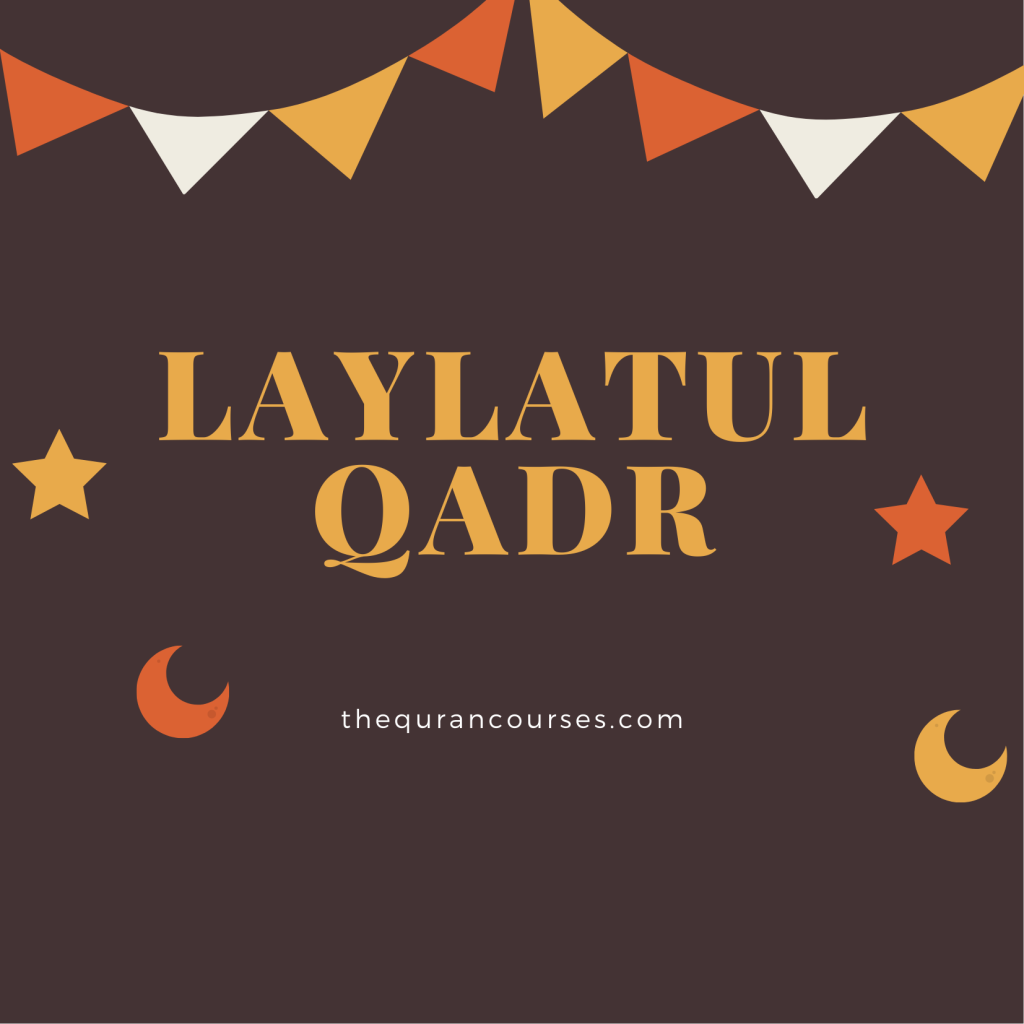The Islamic observance of Laylatul Qadr – also known as Shab-e-Qadr, Night of Decree, or Night of Measures, commemorates the night Mohammad heard the first words of the Koran (Qu’ran). Let us know more about this blessed night by looking at this topic.
Laylatul Qadr
During Ramadan, the Prophet Mohammad spent lengthy amounts of time contemplating the world around him and seeking guidance to lead his people away from moral sins and idolatry.
He visited the Hira cave, a tiny cave in Mecca’s hills, presently in Saudi Arabia, several times.
He received the first verses of the Koran from God, most likely around 610 CE.
This date is commemorated as Laylatul Qadr.
The precise date of the discoveries, however, is unknown.
As a result, many Muslims consider the last ten days of Ramadan to be especially sacred, and they make an effort to attend a mosque and study the Koran during this time.
Signs of Laylatul Qadr
The following are the five most reliable indicators of Laylatul Qadr:
The sun rises without beams early in the morning
According to Ubayy (RA), he (sallallahu alaihi wasallam) said:
On the morning following Laylatul-Qadr, the sun rises not having any rays, as if it were a brass dish until it grows.” [Muslim, Abu Dawud, Tirmithi and Ibn Majah]
It is relaxing and peaceful
Allaah’s Messenger (Sallallahu Alayhi Wa Sallam) said: Ibn ‘Abbaas (RA) said:
“Lailatul-Qadr is calm and pleasant, neither hot nor cold, the sun arises on its morning being feeble and red.” [ Ibn Khuzaimah and al-Bazaar with a Hasan Isnad]
The seawater has a pleasant flavor
“On the evening of the 27th, I drank the seawater, and it was pleasant (sweet),” recalls one Sahabi, Ab’da bin Abi Lubaaba (Radhi Allaho Anho).
‘I once had to bathe myself in seawater, and upon tasting it, found it delightful (sweet.),’ Ayub bin Khalid stated. On the 23rd of the month, this occurred.”
- Rain may rain throughout the night or during the next day.
- The sky will be somewhat hazy at night.
- The sky will be faintly illuminated, with no reflections or rays.
Laylatul Qadr dua

“O Messenger of Allah, if it is Laylatul Qadr, then what shall I supplicate with?” Sayida Aisha (may Allah be pleased with her) asked the Prophet (peace be upon him). He responded with the well-known dua:
“Allahumma innaka ‘afuwwun, tuhibbul-‘afwa, fa’fu ‘anni” – “O Allah, You are Most Forgiving, and You love forgiveness; so forgive me.”
Laylatul Qadr surah
The night known as Laylat al-qadr has been highlighted more than any other day or night (the Night of Decree).
The 97th chapter of the Qur’an is exclusively dedicated to this night:
Indeed, We revealed [the Qur’an] during the Night of Decree. And what can make you know what is the Night of Decree? The Night of Decree is better than a thousand months. The angels and the Spirit descend therein by permission of their Lord for every matter. Peace is until the emergence of dawn. (97:1-5)
“As Ramadan neared, the Messenger of God stated,” Anas ibn Malik narrated:
‘This month has come to you, and in it, there is a night that is better than a thousand months. Whoever is deprived of it is deprived of all goodness, and no one is deprived of its goodness except one who is truly deprived.’
The same night on which Laylatul-Qadr takes place has not been specified. “Says the Prophet Muhammad,
Search for Laylatul-Qadr in the odd nights of the last ten nights of Ramadan.
Scholars have pointed out that there is a great deal of wisdom in not knowing exactly when it happens. According to Ibn Qudamah al-Maqdisi (d. 620 H).
What to do on Laylatul Qadr
On Laylat al-Qadr, like on the other days of Ramadan, many Muslims refrain from eating, drinking, or engaging in sexual intercourse during daylight hours.
During the last ten days of Ramadan, they make an additional effort to ask for forgiveness and study the Quran.
This is thought to be when prayers are answered, and benefits abound.
During the last ten days and nights of Ramadan, some Muslims spend the majority of their time at a mosque.
They worship, study the Koran, and rest or sleep during daytime hours.
They also eat and drink throughout the hours of darkness.
It is a time of communal devotion, prayer, expectation, and celebration of Islam. Many people of the community spend much of the last days of Ramadan together in a mosque.
During this time, anyone who lives near a mosque or a Muslim family may hear the Koran being read aloud or chanted.
This is an attempt to read the Koran in its entirety during Ramadan.
As it is a night of forgiving, good actions are also done at this time.
Some Muslims think God discloses their fates for the entire year on Laylatul Qadr.



